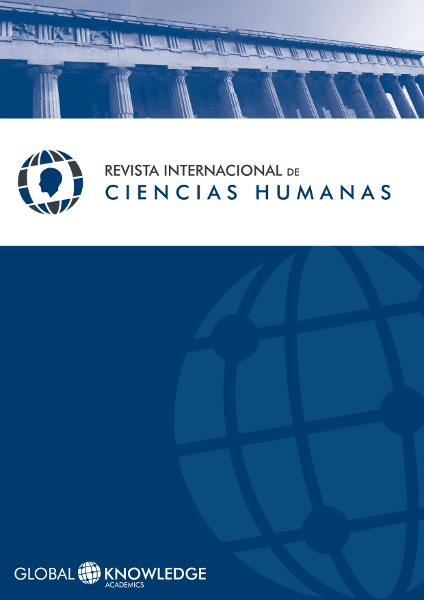A Poet of our Times: Charles Simic’s Poetry and Poetics as an Interpretation of the World
DOI:
https://doi.org/10.37467/gka-revhuman.v3.716Keywords:
Charles Simic, Literary Translation, Contemporary World, Irony, American PoetryAbstract
Charles Simic has been writing and publishing for decades, has been America's Poet Laureate, and is one of the best well-known voices in American literature. All this could be explained by the fact that Simic writes in, from, and about the contemporary world with an ironic view that speaks straightforwardly to readers. Thus, the translation of his works as part of a literary-cultural exchange and as part of literary and intellectual nets, has gained relevance in Spain. Yet, in the Latin American context, Simic is known only by a few translations in poetry magazines and literary journals. Reading his works and understanding his poetics may foster knowledge about Simic in Latin America, by proposing alternative versions to those produced in Spain, for readers on this side of the Atlantic. This may show the public that Simic “reads” and interprets our century through his poetry, beyond the U.S. Borders.
References
Anadón, Pablo. (2009). “Venturas y desventuras de la traducción poética”. Clarín: revista de Nueva Literatura , Año 14, Nº 83, pp. 19-28.
Berman, Antoine (1984). L'épreuve de l'étranger . Paris: Gallimard
Berman, Antoine (1999). La traduction et la lettre, ou l'auberge du lointain . Paris: Éditions du Seuil
Campos, Marco Antonio. (1996). “Poesía y traducción”. En: Hyeronimus Complutensis n° 3: 51-60. Centro Virtual Cervantes, http://cvc.cervantes.es/lengua/hieronymus/
Eliade, Mircea. (1999). El mito del eterno retorno. 1° de. 1951. Buenos Aires: Alianza / Emecé
Simic, Charles. (1971). Dismantling the Silence. With a Note by Richard Howard, Braziller: New York
Simic, Charles. (1989) The World Doesn't End. Harcourt: New York.
Simic, Charles. (2003). The Voice at 3:00 a.m.: Selected Late and New Poems. Harcourt: New York
Simic, Charles. (1999). El mundo no se acaba y otros poemas. Trad. Mario Lucarda. Barcelona: DVD
Simic, Charles. (2004). Desmontando el silencio (antología poética). Trad. Jordi Doce. Ayuntamiento de Lucena: 4 estaciones
Simic, Charles. (2009). La voz a las tres de la madrugada. Trad. Martín López-Vega. Barcelona: DVD
Simic, Charles. (1985). The Uncertain Certainty: Interviews, Essays, and Notes on Poetry. University of Michigan Press: Ann Arbor.
Simic, Charles. (1990). Wonderful Words, Silent Truth. University of Michigan Press: Ann Arbor.
Simic, Charles. (1997). Orphan Factory: Essays and Memoirs. University of Michigan Press: Ann Arbor.
Downloads
Published
How to Cite
Issue
Section
License
Those authors who publish in this journal accept the following terms:
- Authors will keep the moral right of the work and they will transfer the commercial rights.
- After 1 year from publication, the work shall thereafter be open access online on our website, but will retain copyright.
- In the event that the authors wish to assign an Creative Commons (CC) license, they may request it by writing to publishing@eagora.org









